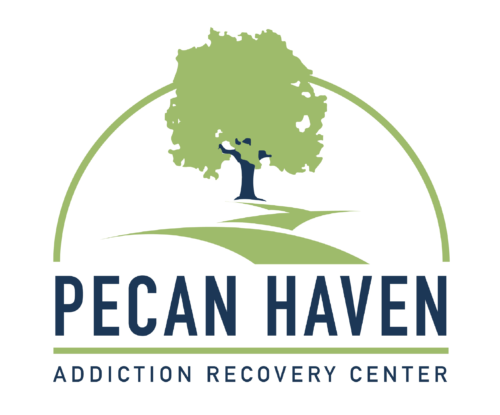Being part of a community means that sometimes, other community members may struggle and need your help. These may be friends, coworkers, family members, or other loved ones. If you notice that someone is not quite behaving normally, you may want to pay attention more closely to their patterns of behavior. There might be signs of addiction present in the early stages, before substance abuse has become blatantly obvious and out in the open. Fortunately, once you are aware of the early signs of addiction, you can keep a close eye out for these signs so that you can help someone who displays signs of addiction. There are several things you can do to help someone before their life goes totally out of control.
What are behavioral signs of substance abuse?
Depression: Signs and symptoms of depression include feeling overly worthless or guilty, decreased energy and motivation to perform normal activities of daily living, loss of interest in things the person used to enjoy, feelings of sadness, hopelessness, or emptiness more days than not, difficulty focusing or making decisions, changes in appetite such as not feeling hungry, not eating enough, or eating too much, and difficulty with sleep ranging from trouble getting to sleep, staying asleep, or sleeping too much.
Lethargy: Being lethargic means lacking in the normal energy and motivation that the person would have, resulting in an obvious state of disinterest.
Sudden changes in friends and associates: Someone who frequently or suddenly changes their friend groups drastically may be struggling with substance use.
Dramatic changes in priorities/habits: If you notice someone has sudden changes to their habits or established and evidenced priorities, they may be using drugs or alcohol to an unhealthy extent.
Changes in attitude or personality: Sudden changes in attitude or personality can also be signs of substance abuse. Someone who is typically tense, but suddenly comes across as light-hearted or carefree, may be struggling with substance abuse.
How to help someone engaging in substance abuse:
Cultivate a sense of compassion for the person who is struggling.
Set aside any differences you may have with the person who is exhibiting behavioral signs of substance abuse and lean into your concern for them. There are often external factors that may be at play that may be beyond this person’s control, and it is unlikely that the person has chosen to struggle with these issues by engaging in unhealthy coping mechanisms such as substance abuse. Remember that this person may be seeking temporary relief for problems that may feel unsolvable to them.
Learn more about substance abuse and treatment options.
If you educate yourself on addiction and treatment, then you’ll be able to offer insights to another person who may need this information in order to move forward and move past their current issues. The more you can learn, the more help you can offer if you notice that someone is struggling.
Remember, Pecan Haven is here to help.
